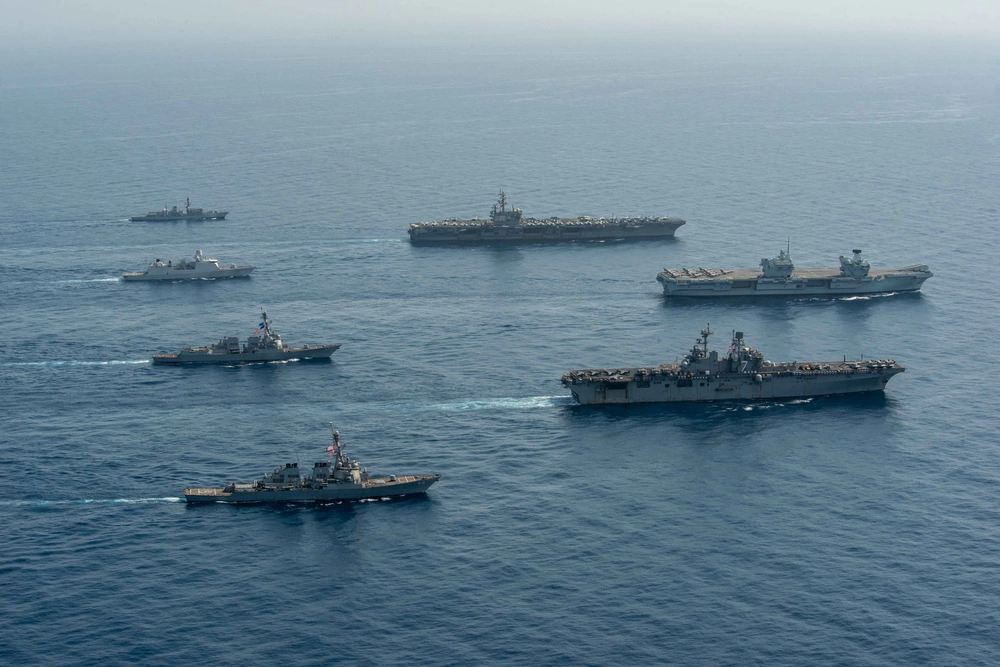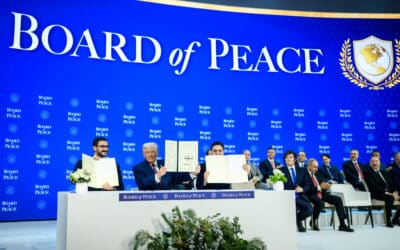Military activity on the Korean Peninsula saw another round of escalation on Thursday. Pyongyang flew 12 warplanes near its border with South Korea, prompting Seoul to scramble dozens of fighter jets in response. Meanwhile, Washington, Seoul and Tokyo conducted joint war games.
Tensions between Washington and Pyongyang have steadily increased since President Joe Biden took office, seeing a major spike over the past two weeks. In that time, North Korea has conducted six missile tests, with one projectile launched over Japan for the first time since 2017.
On Thursday, South Korea reported eight North Korean fighter jets and four bombers approaching its border. Seoul says it responded by scrambling 30 military aircraft, claiming the warplanes came within dozens of kilometers of the border.
The White House deployed the USS Ronald Reagan to South Korea for drills late last month, the first aircraft carrier to make a port call in South Korea since 2018. Not long after departing, the warship was again stationed in Korea’s East Sea earlier this week in retaliation for the DPRK’s launch over Japan.
Last week, Vice President Kamala Harris traveled to North Korea’s border. In her speech, she blasted Kim, called for Pyongyang to denuclearize and pledged American military support for South Korea.
On Wednesday, Seoul and Washington conducted joint missile drills, though one South Korean missile malfunctioned and crashed into its own military base.
American, Japanese and South Korean warships kicked off joint war games not long after the training mishap. Two US warships – the guided-missile cruiser USS Chancellorsville and the guided-missile destroyer USS Benfold, both part of the USS Ronald Reagan aircraft carrier strike group – participated in the drills, and South Korean officials later reported the strike group will remain waters near the peninsula.
The three-way military drills focused on missile defense. US Pacific Command said the exercise “enhances the interoperability of our collective forces and demonstrates the strength of the trilateral relationship with our Japan and Republic of Korea (ROK) allies, which is forward-leaning, reflective of our shared values, and resolute against those who challenge regional stability.”
However, Pyongyang views American military activity in the region as an aggressive threat ultimately aimed at overthrowing the Kim government. In September, Kim updated North Korea’s nuclear policy for the first time in a decade. He vowed never to give up Pyongyang’s nuclear weapons and to strengthen its deterrent in response to American imperialism.
In May, Tokyo, Seoul and Washington signed a trilateral pact to increase military cooperation. North Korea denounced the agreement as the White House attempting to create a new alliance.































